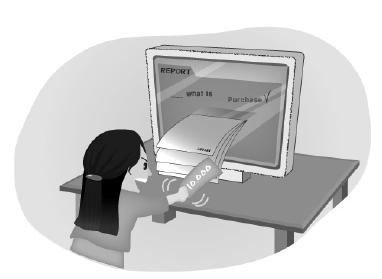“For some university students, writing academic papers and reports has even become a way to earn money”

Shin You-jin (Korea University, 1) said that when assignments or reports are due for classes, she has seen many university students visit Web sites and download papers for 1,000 to 3,000 won. She said most of them did not get punished but rather received good grades by simply changing a few words.
In his article, Student Online Plagiarism, Rochester Institute of Technology Professor Patrick M. Scanlon defines Internet plagiarism as the act of cutting and pasting material into papers from Web sites without attribution or purchasing term papers from online term-paper mills. Such plagiarism has quietly grown on university campuses nowadays, with many students exchanging their consciences for papers written by someone else.
“Such plagiarism has quietly grown on university campuses nowadays, with many students exchanging their consciences for papers written by someone else.”
For some university students, writing academic papers and reports has even become a way to earn money.
“I once posted a few reports that I wrote for previous classes on those Web sites and earned 100,000 won,” said a student who wished to stay anonymous. “I didn’t think it was a serious problem because I was paid for what I wrote and it was a win-win situation for both me and the buyer.”
Web sites that sell papers advertise that students can use a combination of technology and their intellectual knowledge to earn easy money.
“Students must be aware that using the work of others is not only a crime but an act of self-deceit.”
According to Reportworld, a Web site that is in business of selling and buying reports, one can decide the price of one’s paper before it is posted. Fifty-five percent of the total earnings go the company and 45 percent to the original author.
At Korean universities, students caught plagiarizing have to rewrite the paper, or professors may fail them for the course. Some universities have developed systems to fight plagiarism. For instance, last year, Ewha added plagiarism-detection software to the Cyber Campus to catch online plagiarism. Yonsei University recently adopted a system from Konan Technology that efficiently detects plagiarism by tracking original texts and comparing documents that exist online.
Although these systems help, a student’s conscience and awareness that the problem is serious are the best guards against plagiarism.
“Exchanging reports through the Internet is a matter of each student’s conscience,” Professor Lee Ji-aeh (Philosophy) said.
“Those who do this are only concentrating on outcomes without thinking about progress. Students must be aware that using the work of others is not only a crime but an act of self-deceit.”

